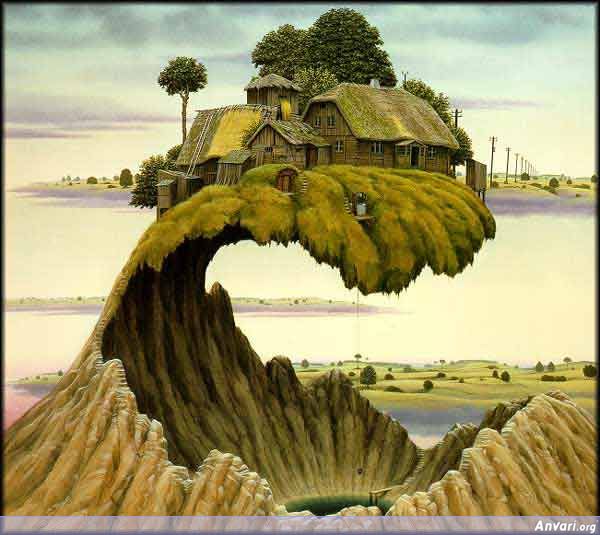No, this time, the effect was the exact opposite. Instead of being able to appreciate what my young self was not mature enough to, I am acutely aware of the ridiculousness that my young self was impervious to. I am referring mostly to the technobabble.
Now, as a writer of science fiction myself, I understand how important technobabble is. It is a staple, not just for the writer who may not be up on all the latest of high-technology and scientific breakthroughs, but also for the reader/viewer. While there is definitely a niche for hard SF where every last line of science must be accurate and possible, most readers find this daunting and more than a little boring. Technobabble helps you breeze past the cumbersome details and get to what is important. For most of us, it's not important what part of the spaceship engine failed and for what reason; we just need to know the ship's broken, and the crew needs to fix it within the next 22-45 minutes. That's where the drama and the excitement is, not in the technical manual that would be needed to outline the exact science.
 |
| Maybe I just need to watch with this in hand. |
Now, my wife has pointed out that Trekkies take this technobabble so seriously that it actually is a necessary part of the show, and that many of these terms must be used correctly or else there will be angry letters. I can understand this in some ways; any science-fiction franchise is going to have some staple technobabble that has become cannon and must therefore stay with the show. Even if this technobabble was coined decades ago, and now what we start to understand about science does not agree.
I get it, but it doesn't mean I have to like it. I got through all ten seasons of Stargate, despite the fact that Sam Carter's was a "scientist" in the sense that she was the resident expert on everything from chemistry to computer science to astrophysics, and that she clearly did her docotorate on Making Things Overload and Explode. But I don't think I'm going to be able to get through Star Trek and all its dilithium crystals and magical technology that can make anything out of thin air.
And don't even get me started on the "aliens"...



